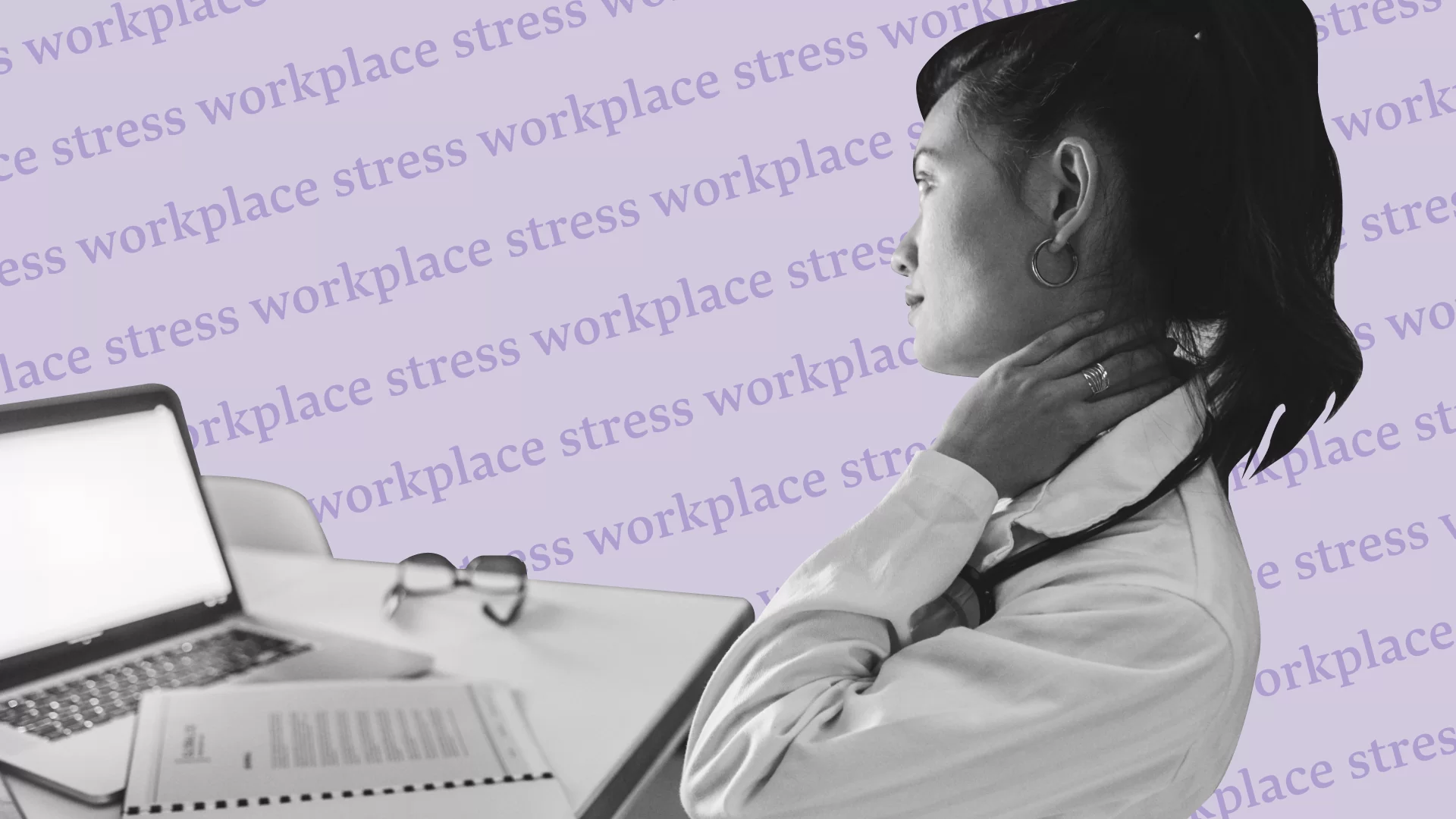What are the most effective methods for managing and reducing work-related stress in the technology sector?


Work-related stress is a common issue in the technology sector, where employees often face high-pressure environments, long hours, and demanding deadlines. However, there are several effective methods for managing and reducing work-related stress in this industry. By implementing stress reduction techniques and adopting appropriate stress management strategies, individuals can improve their well-being and overall job satisfaction. In this article, we will explore some of the most effective methods for managing and reducing work-related stress in the technology sector.
Understanding Work-Related Stress
Before diving into the methods for managing and reducing work-related stress, it is important to understand what exactly work-related stress is. Work-related stress refers to the physical, mental, and emotional strain that individuals experience as a result of their work environment. In the technology sector, this can be caused by factors such as tight deadlines, high workloads, lack of control, and constant technological advancements.
Identifying the Causes of Work-Related Stress in the Technology Sector
To effectively manage and reduce work-related stress, it is crucial to identify the specific causes of stress in the technology sector. Some common causes include:
1. High Workloads: Technology professionals often face heavy workloads and tight deadlines, leading to increased stress levels.
2. Lack of Work-Life Balance: The technology sector is known for its long working hours and demanding schedules, which can negatively impact work-life balance and contribute to stress.
3. Constant Technological Advancements: The rapid pace of technological advancements in the industry can create pressure for professionals to constantly update their skills and stay up-to-date with the latest trends.
Effective Methods for Managing and Reducing Work-Related Stress
Now that we have identified the causes of work-related stress in the technology sector, let’s explore some effective methods for managing and reducing stress:
1. Time Management: Effective time management is crucial for reducing work-related stress. Prioritize tasks, set realistic deadlines, and break larger projects into smaller, manageable tasks. This will help prevent feeling overwhelmed and improve productivity.
2. Establish Boundaries: Set clear boundaries between work and personal life. Avoid checking work emails or taking work-related calls outside of working hours. This will help create a healthy work-life balance and reduce stress.
3. Practice Mindfulness and Relaxation Techniques: Incorporate mindfulness and relaxation techniques into your daily routine. This can include meditation, deep breathing exercises, or yoga. These practices can help reduce stress levels and promote overall well-being.
4. Take Regular Breaks: It is important to take regular breaks throughout the workday. Step away from your desk, stretch, and engage in activities that help you relax and recharge. This will help prevent burnout and improve focus.
5. Seek Support: Reach out to colleagues, friends, or family members for support. Talking about your stressors and concerns can help alleviate stress and provide a fresh perspective on the situation.
6. Develop Healthy Habits: Engage in regular physical exercise, maintain a balanced diet, and get enough sleep. These healthy habits can significantly reduce stress levels and improve overall well-being.
7. Set Realistic Expectations: Avoid setting unrealistic expectations for yourself or others. Be realistic about what can be achieved within a given timeframe and communicate openly with your team about workload and deadlines.
8. Seek Professional Help: If work-related stress becomes overwhelming and starts to impact your mental health, do not hesitate to seek professional help. A therapist or counselor can provide guidance and support in managing stress effectively.
Conclusion
Work-related stress is a common issue in the technology sector, but it can be effectively managed and reduced by implementing various stress reduction techniques and stress management strategies. By prioritizing time management, establishing boundaries, practicing mindfulness, taking regular breaks, seeking support, developing healthy habits, setting realistic expectations, and seeking professional help when needed, individuals in the technology sector can effectively manage and reduce work-related stress. Remember, it is essential to prioritize your well-being and take proactive steps to maintain a healthy work-life balance.
Recent Posts
How do I create an engaging and informative online quiz or assessment?
Creating an engaging and informative online quiz or assessment can be a powerful tool for… Read More
What are the most effective methods for managing and reducing work-related stress in the hospitality industry?
Work-related stress is a common issue in the hospitality industry, where employees often face long… Read More
How can I improve my assertiveness and communication skills in a leadership position?
In a leadership position, assertiveness and effective communication skills are crucial for success. Being able… Read More
What are the key elements of a successful employee recognition and rewards program?
Employee recognition and rewards programs play a crucial role in motivating and engaging employees, as… Read More
How do I effectively manage and respond to customer feedback and reviews?
Customer feedback and online reviews play a crucial role in shaping a company's reputation and… Read More
What are the best strategies for effective time management as a stay-at-home parent?
Effective time management is crucial for stay-at-home parents who juggle multiple responsibilities on a daily… Read More